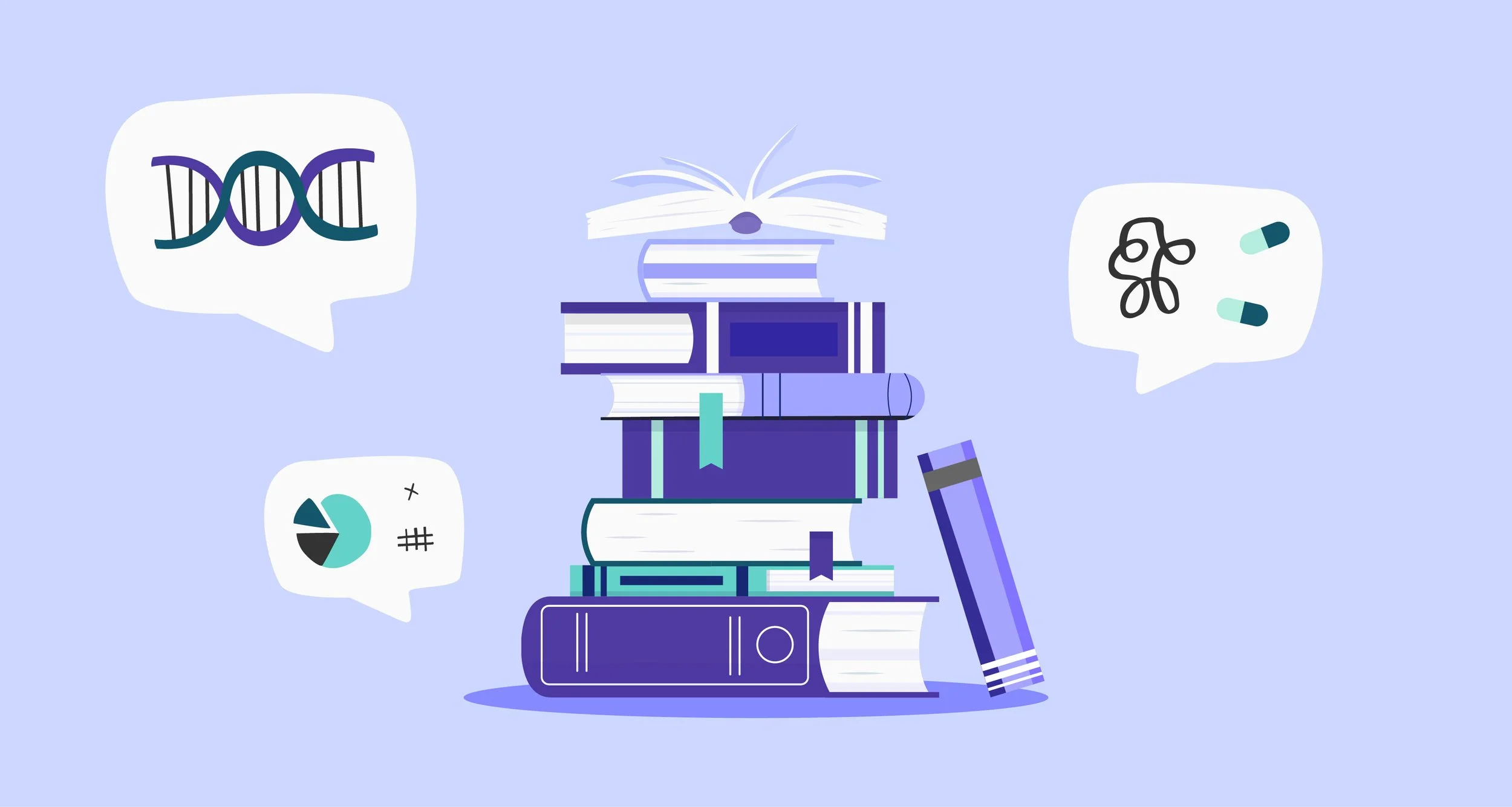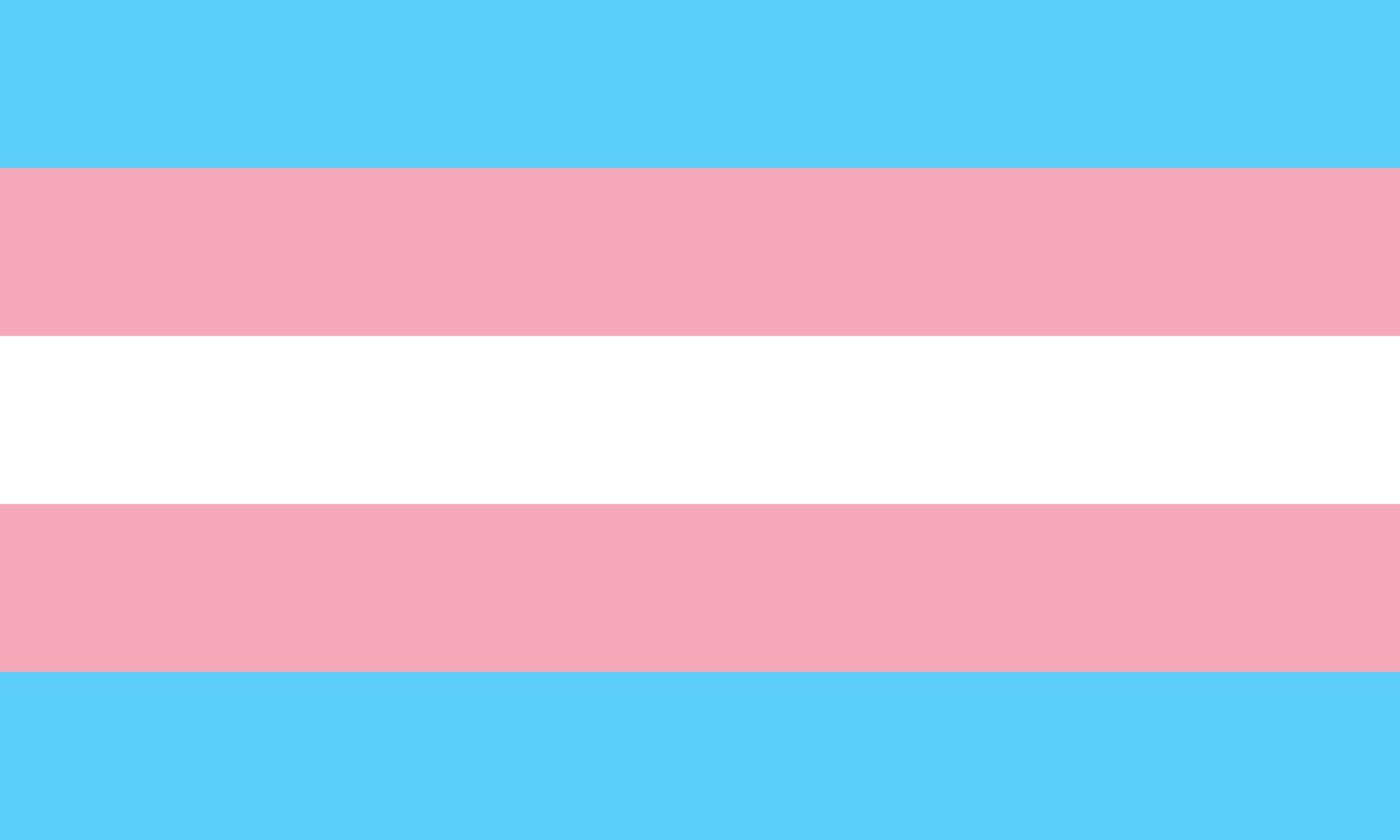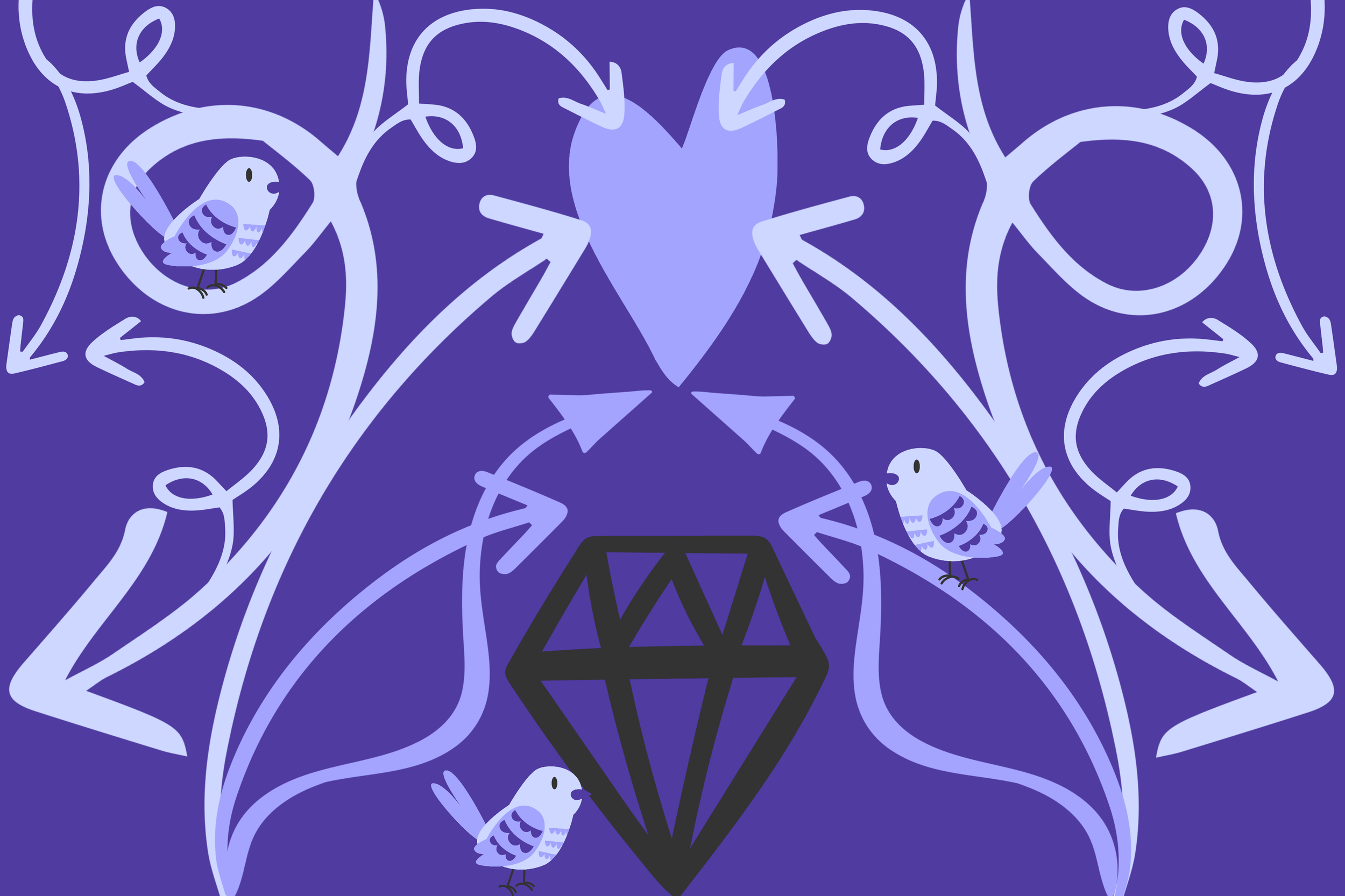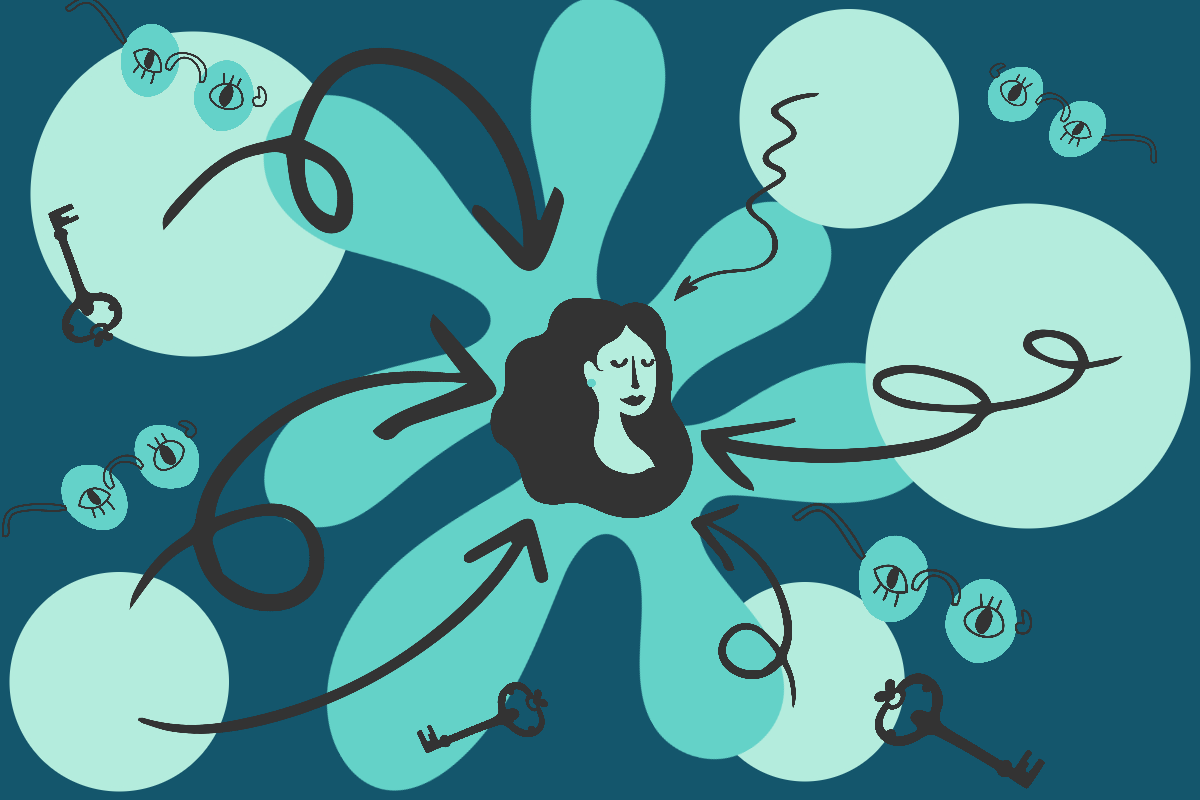Dive into a collection of articles that amplify neurodivergent voices, support a more thorough understanding of neurodiversity, and challenge common misconceptions.
Month
- February 2026
- January 2026
- December 2025
- November 2025
- October 2025
- September 2025
- August 2025
- July 2025
- June 2025
- May 2025
- April 2025
- March 2025
- February 2025
- January 2025
- December 2024
- November 2024
- October 2024
- September 2024
- August 2024
- July 2024
- June 2024
- May 2024
- April 2024
- March 2024
- February 2024
- January 2024
- December 2023
- November 2023
- October 2023
- September 2023
- August 2023
- July 2023
- June 2023
- May 2023
- April 2023
- March 2023
- February 2023
- January 2023
- December 2022
Author
- Abs S. Ashley
- Adam Fare
- Aimee Fletcher
- Aisling Sheehy
- Andreia Costa
- Ann Memmott
- Antonia Aluko
- Bethan Warner
- Beverley Samways
- Brendan Maguire
- Callum Stephen Howes
- Cassandra Lovelock
- Charli Clement
- Chloe Webster-Harris
- Claire
- Cos Michael
- Darren O'Reilly
- Dr Catherine Crompton
- Dr Virginia Carter Leno
- El Dewar
- Elise Guthrie Stirling
- Emily Wooden
- Emily Lees
- Emily Katy
- Emma
- Emma Nielson
- Grace Lee
- Harriet Axbey
- Hat Porter
- Helen Edgar
- Iqra Babar
- Jill Corbyn
- Kai Schweizer
- Katrine Callander
- Kay Louise Aldred
- Krysia Waldock
- Kyra Thompson
- Lizzie Smith
- Lou Chandler
- Lucy Gilbert
- Meena Kumari
- Molly Anderton
- Molly Siobhan Parker
- Nick Ransom
- Reesha Zahir
- Remie Colledge
- Rhiannon Williams
- Rod Landman
- Rose Matthews
- Sarah Douglas
- Sarah Boon
- Sascha Bellamy
- Sophie Broadgate
- Stop Oxevision
- Thomas Barnett
- Tina
- Trauma Geek
- Victoria Denham
- Warda Farah
- Zoë Austin

Empowering Autistic people in research
We’re joined on the blog by Guest Contributors, Katie Munday and Naomi Jacobs, sharing their experiences as Autistic researchers and their passion for research conducted with Autistic people, not just about Autistic people.

The Cass Review’s final report: The implications at the intersection of trans and neurodivergence
Neurodivergent academic Abs S. Ashley critiques the ‘insidious mobilisation’ of neurodivergence to undermine the agency of transgender people in the UK’s recently published Independent review of gender identity services for children and young people’.

Moving beyond the mirror: the disconnect between eating disorder treatment and the needs of dysphoric Trans people
Kai Schweizer examines how mainstream eating disorder treatments (such as ‘mirror exposure therapy’) elide the Trans experience of gender dysphoria in their pursuit of ‘radical body acceptance’, causing harm to and invalidating the experiences of Trans people with eating disorders.

Autism Research—What’s New in January 2024
This research roundup picks out some of the current big debates on autistic lives, and showcases new and important research from teams and academics working within the field.

Celebrating Black Autistic Women: Say it loud “ I’m Black Autistic & I am Proud”
Black History Month, a time to honour and celebrate the immense contributions and resilience of Black individuals throughout history, also offers an opportunity to explore the intersecting identities that make each person unique. Among the remarkable individuals who have shaped history are Black autistic women, whose stories and experiences are often overlooked or untold. In this blog, we delve into what it means to be a Black autistic woman and how their presence enriches the tapestry of Black history.

Navigating Intersections: My Journey as an Autistic Black Girl in the UK
Growing up in the UK as a black autistic girl was no easy feat. The challenges of understanding my identity were compounded by the fact that I self-diagnosed my autism. While it provided an explanation for my differences, I also battled imposter syndrome.
- ABA
- abuse
- accessible
- ADHD
- adults
- advocacy
- affirming
- aging
- assessment
- autism
- autistic parents
- black autistic
- building design
- burnout
- childhood
- children
- co production
- coercive control
- communication
- community
- culture
- depression
- Designing Homes for Sensory Differences Summit 2024
- diagnosis
- disability
- dyslexia
- eating disorders
- education
- empathy
- employment
- environment
- ethics
- executive functioning
- family
- friendships
- GCC Summit 2023
- gender
- grooming
- guidance
- health
- healthcare
- holiday
- housing
- human rights
- identity
- inclusion
- inpatient
- intersectionality
- joy
- language
- late diagnosed
- learning disability
- LGBTQIA+
- lived experience
- masking
- medicalisation
- meltdown
- mental health
- monotropism
- mothers
- nervous system
- newly diagnosed
- NHS
- OCD
- online
- pain
- parents
- PBS
- peer support
- play
- psychiatric care
- quality of life
- race
- racism
- reasonable adjustments
- relationships
- research
- resources
- routine
- school
- self diagnosis
- self regulation
- sensory environment
- sensory overwhelm
- sensory processing
- services
- sexism
- special interests
- spirituality
- stimming
- stress
- suicide
- support
- therapy
- training
- trauma
- trauma-informed
- women
- workplace
- young people
Got something to say?
We commission blogs from neurodivergent writers. We are particularly keen to hear from people of colour, older people, and non-speaking members of our community. Help us in our mission to amplify the views and voices that are most often left unseen and unheard.


